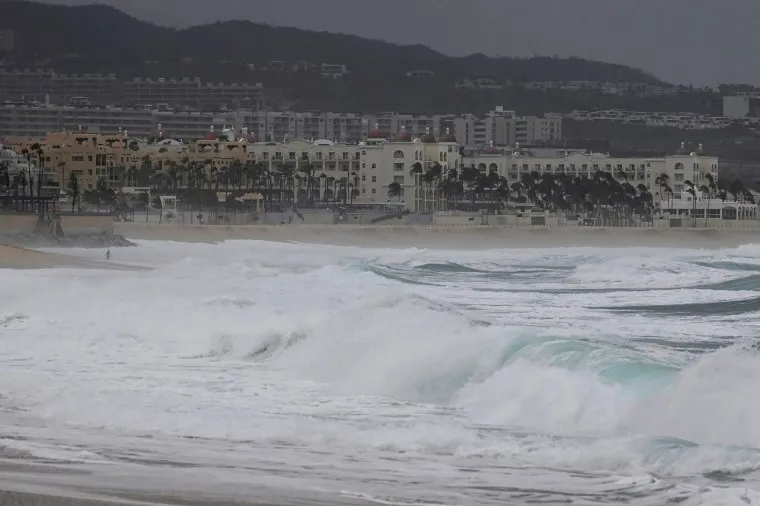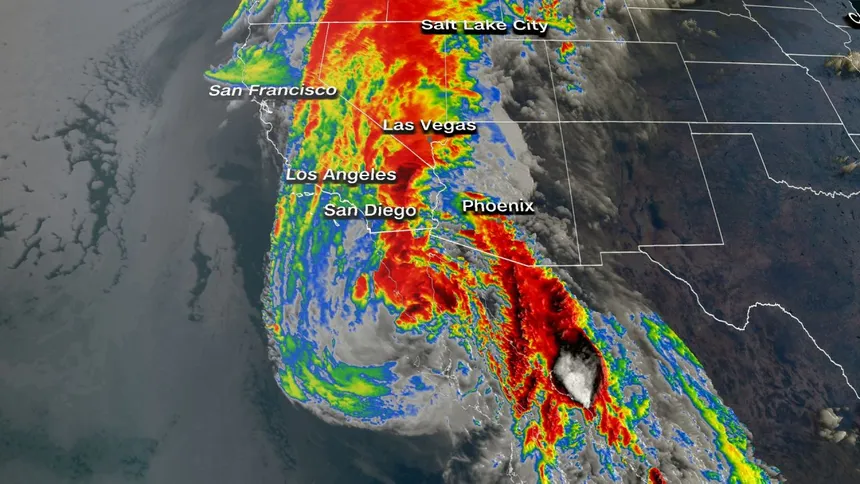Torrential rains that swept across the Pacific Northwest this week will begin to dwindle by Thursday, leaving a trail of devastation and loss in their wake. The storms, which brought heavy rain, flooding, and unseasonably warm temperatures to the region, forced the closure of schools and roads, while emergency responders rescued people from raging rivers and flooded streets.
Two men lost their lives when their bodies were recovered from the rushing waters, officials reported. The storms shattered daily rainfall and temperature records in Washington, with Seattle breaking its daily record high. Rainfall also caused a landslide that halted Amtrak train services between Portland and Seattle, and parts of Highway 101 remained closed due to flooding.
Atmospheric rivers, commonly known as the “Pineapple Express,” brought these storms to the region. These systems gather moisture in the Pacific near Hawaii before unleashing heavy precipitation when they make landfall. Scientists warn that these storms will likely grow more intense as the world warms, potentially wreaking havoc across the American west coast.
California experienced record storms last year, leaving destruction in their wake, and parts of the state are still struggling to recover. The region is only emerging from devastating drought conditions and the aftermath of wildfires in recent years, making them vulnerable to rising waters and crumbling cliff sides.

In Monroe, Washington, a dramatic nighttime rescue took place when a man was saved from a raging Skykomish River. First responders threw a rope to him from an overpass, but when he stood up to grab it, the swift current swept his small boat away, leaving him clinging to a tree on the riverbank.
In Portland, a person was reported to be floating on a couch cushion down Johnson Creek, but was never found. Hours later, a body was discovered among submerged tree branches. It’s believed the man may have been camping near the creek or visiting the area to help people experiencing homelessness, who are among the most vulnerable during severe storms.
More than 100 people live in the brush along Johnson Creek, and a local non-profit that provides aid to the unsheltered sends out weather alerts to its clients, warning them to move to higher ground when severe rainstorms are approaching. The organization’s founder, Kristle Delihanty, emphasizes the importance of understanding the dangers of severe weather, saying, “I know you think it looks like it’s far away, but it’s not. It can come in the night when you’re sleeping and not aware.”
As the region begins to recover from these devastating storms, forecasters warn that more severe weather is on the way.

